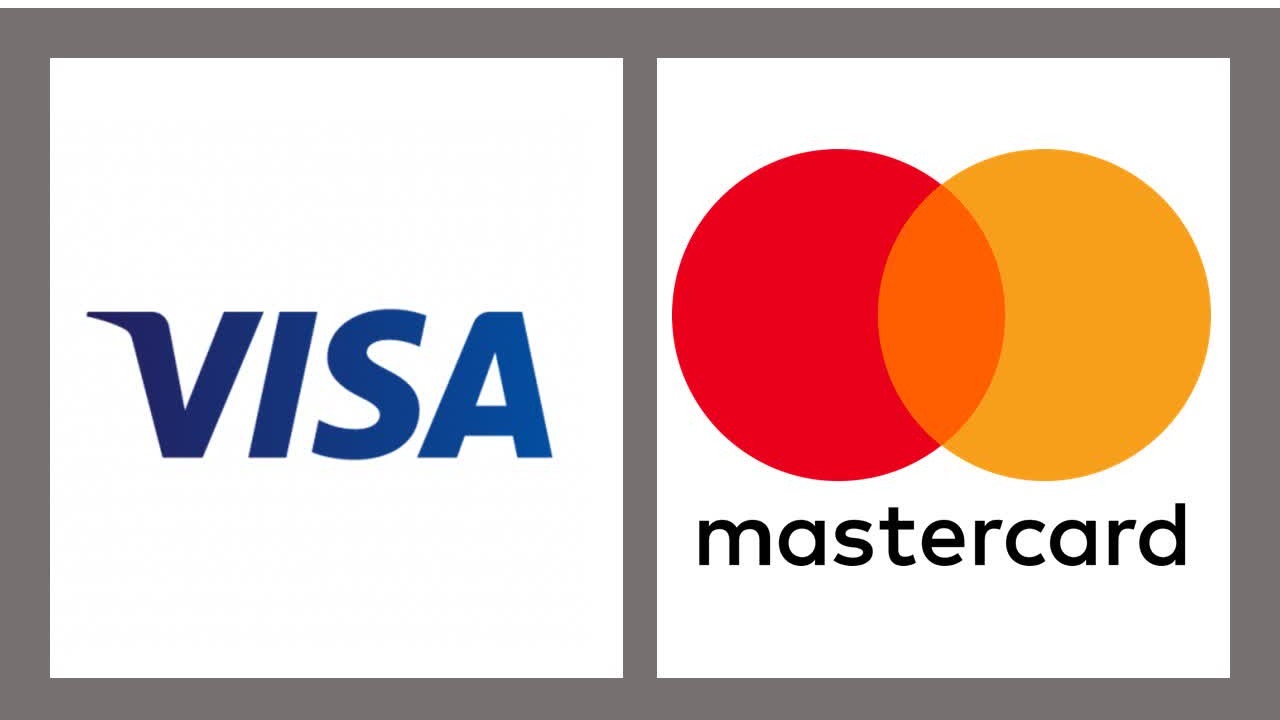In a move welcomed by EU regulators, payment giants Visa and Mastercard have voluntarily agreed to extend caps on interchange fees for non-EU card transactions until November 2029.
This decision extends the commitments originally made in 2019 for an additional five years beyond their planned expiration in November 2024.
The European Commission announced on Friday that the two companies will maintain the current fee structure for both in-store and online purchases. For physical transactions, fees will remain capped at 0.2 per cent for debit cards and 0.3 per cent for credit cards. Online transaction fees will continue to be limited to 1.15 per cent for debit cards and 1.5 per cent for credit cards.
These caps apply to transactions where consumers from outside the European Economic Area (EEA) use their Visa or Mastercard-branded cards to make purchases within the EEA. The Commission noted that the extension provides continued protection for EEA merchants against potentially excessive charges, given that Visa and Mastercard remain "must-take" payment options for many businesses.
The original commitments, made legally binding in 2019, resulted from a long-running EU antitrust investigation sparked by a 1997 complaint from business lobby EuroCommerce. The agreement led to a significant reduction—approximately 40 per cent on average—in multilateral interchange fees for these types of transactions.
Whilst welcoming the voluntary extension, the Commission emphasised that it retains the right to investigate or open proceedings should evidence emerge that the current caps are no longer appropriate. This caveat underscores the regulator's ongoing commitment to ensuring fair practices in the payment card industry.
Visa expressed satisfaction with the arrangement, stating that the extended fee caps "provide market certainty on inter-regional interchange rates". The company also highlighted the recognition that "cross border, e-commerce transactions are fundamentally different to in-store payments".
As the world's largest payments network operators, Visa and Mastercard's decision to maintain these fee caps is likely to have far-reaching implications for the global payments landscape, particularly in the realm of international tourism and cross-border ecommerce.
Latest News
-
Gemini to cut quarter of workforce and exit UK, EU and Australia as crypto slump forces retrenchment
-
Bank ABC’s mobile-only ila bank migrates to core banking platform
-
Visa launches platform to accelerate small business growth in US
-
NatWest to expand Accelerator programme to 50,000 members in 2026
-
BBVA joins European stablecoin coalition
-
eToro partners with Amundi to launch equity portfolio with exposure to ‘megatrends’
Creating value together: Strategic partnerships in the age of GCCs
As Global Capability Centres reshape the financial services landscape, one question stands out: how do leading banks balance in-house innovation with strategic partnerships to drive real transformation?
Data trust in the AI era: Building customer confidence through responsible banking
In the second episode of FStech’s three-part video podcast series sponsored by HCLTech, Sudip Lahiri, Executive Vice President & Head of Financial Services for Europe & UKI at HCLTech examines the critical relationship between data trust, transparency, and responsible AI implementation in financial services.
Banking's GenAI evolution: Beyond the hype, building the future
In the first episode of a three-part video podcast series sponsored by HCLTech, Sudip Lahiri, Executive Vice President & Head of Financial Services for Europe & UKI at HCLTech explores how financial institutions can navigate the transformative potential of Generative AI while building lasting foundations for innovation.
Beyond compliance: Building unshakeable operational resilience in financial services
In today's rapidly evolving financial landscape, operational resilience has become a critical focus for institutions worldwide. As regulatory requirements grow more complex and cyber threats, particularly ransomware, become increasingly sophisticated, financial services providers must adapt and strengthen their defences. The intersection of compliance, technology, and security presents both challenges and opportunities.
© 2019 Perspective Publishing Privacy & Cookies













Recent Stories